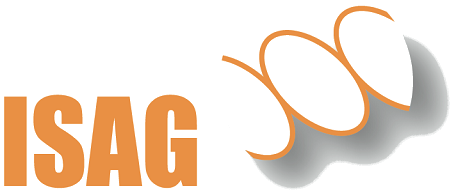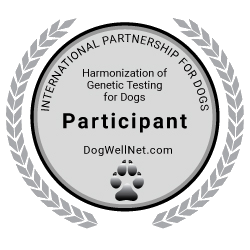Dental-skeletal-retinal anomaly (DSRA)
Affected dogs suffer from progressive retinal atrophy (PRA) (causing progressive vision loss),...lisää
Disease
Together with our collaboration partner Prof. Leeb and his team at the University of Bern we detected the underlying cause for a genetic disease in the breed Cane Corso Italiano called Dental-skeletal-retinal anomaly (DSRA).
The disease is inherited in an autosomal recessive manner, therefore only homozygote affected dogs (carrying two copies of the genetic variant) show clinical symptoms. The genetic test offers an opportunity to identify heterozygote carriers, in order to prevent affected puppies.
Affected dogs suffer from progressive retinal atrophy (PRA) (causing progressive vision loss), dental imperfections (opaque teeth, dental fractures and fragmentation, smaller teeth than normal) and skeletal problems. Other clinical symptoms have also been observed in several affected dogs, but the pathogenesis of the disease and the association between the described symptoms and the genetic variant are still part of ongoing research.
The disease is inherited in an autosomal recessive manner, therefore only homozygote affected dogs (carrying two copies of the genetic variant) show clinical symptoms. The genetic test offers an opportunity to identify heterozygote carriers, in order to prevent affected puppies.
Affected dogs suffer from progressive retinal atrophy (PRA) (causing progressive vision loss), dental imperfections (opaque teeth, dental fractures and fragmentation, smaller teeth than normal) and skeletal problems. Other clinical symptoms have also been observed in several affected dogs, but the pathogenesis of the disease and the association between the described symptoms and the genetic variant are still part of ongoing research.
Breed
Italian Cane Corso
Heredity
autosomal recessive
Test duration
3-5 days after arrival of the sample


